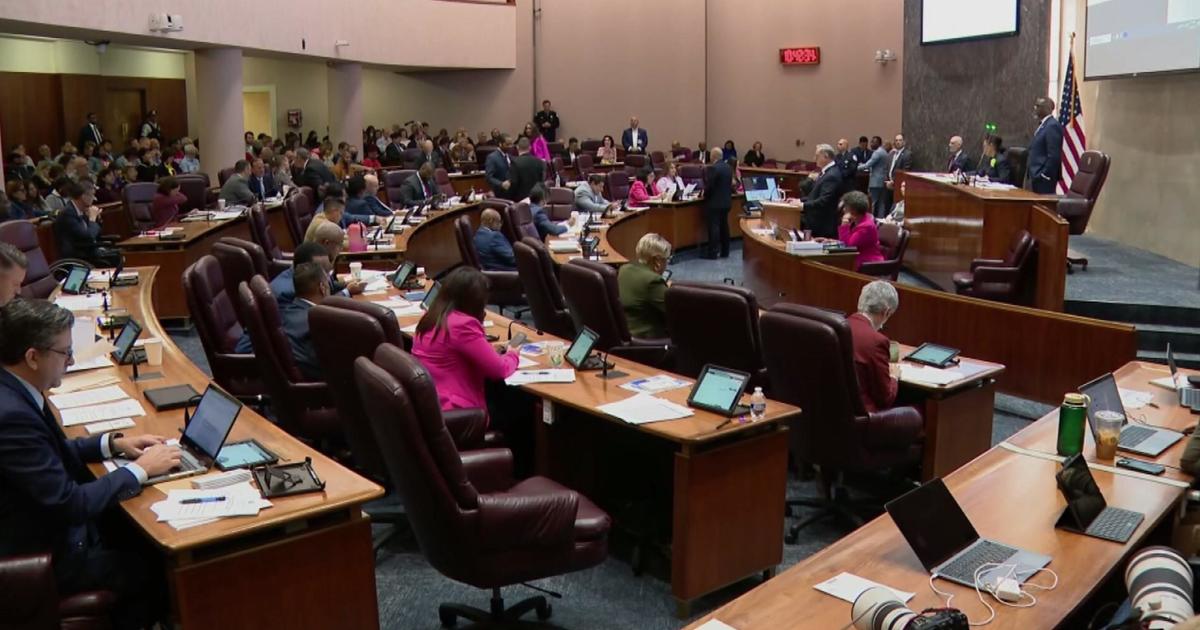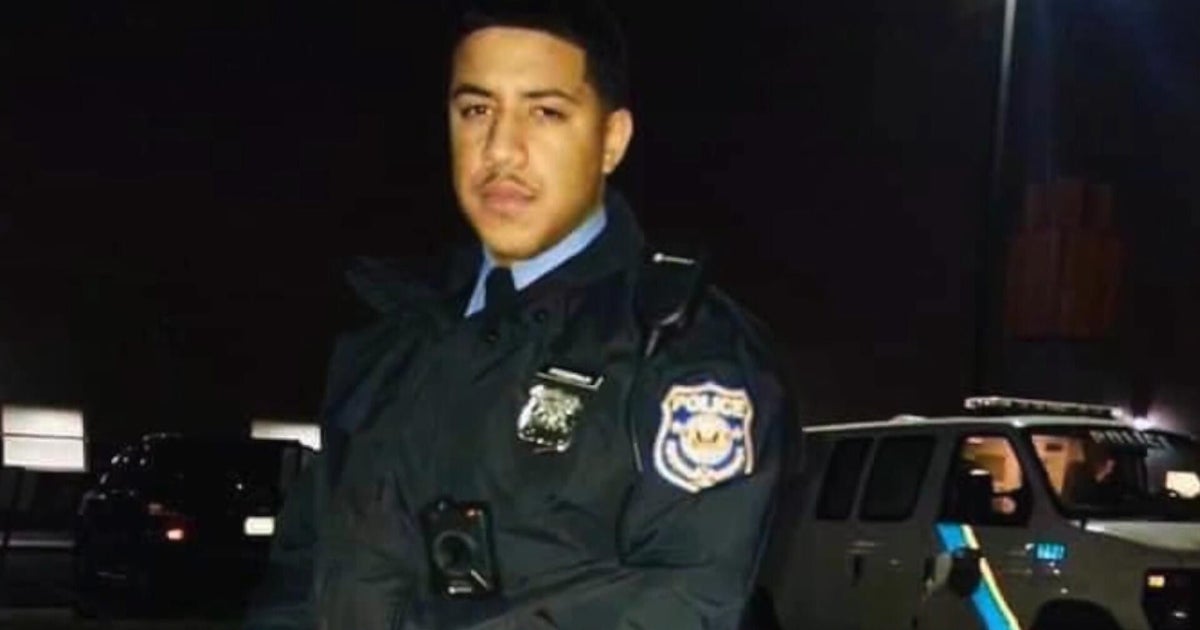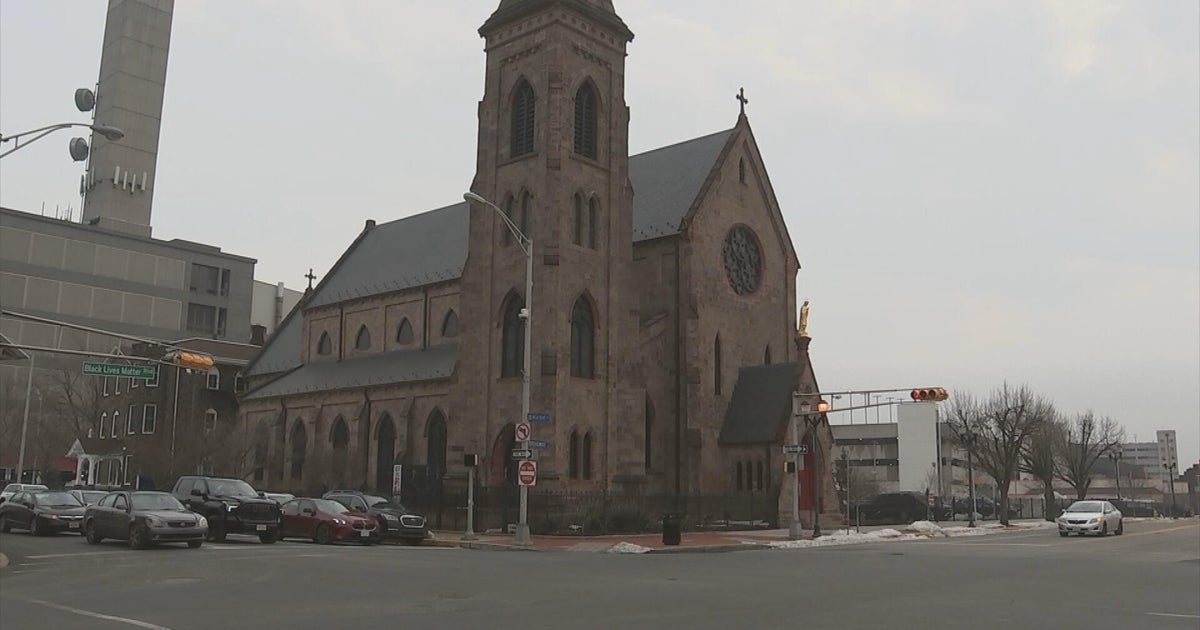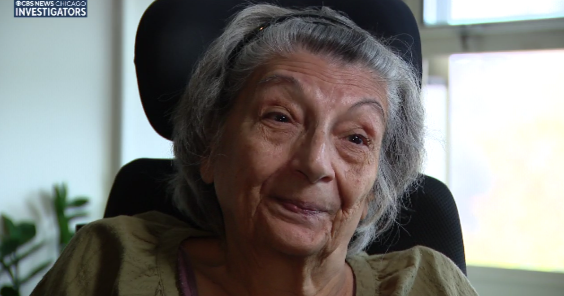Berkeley PD To Change Policies After Wrongful Death Settlement
BERKELEY (CBS SF) - The wife and two sons of a man who was killed outside his home in the Berkeley Hills last year have reached a resolution of their wrongful death lawsuit against the city of Berkeley.
Attorney R. Lewis Van Blois, who represents the family of 67-year-old Peter Cukor, said the family won't receive any money from the city. Instead, the city, without admitting any fault, has agreed to change the police communications center's policies in order to improve public safety, he said.
Cukor, who owned a logistics consulting firm, was killed outside his home at 2 Park Gate Road at about 9 p.m. on Feb. 18, 2012.
The suspect, Daniel Jordan Dewitt, 24, was charged with murder for allegedly killing Cukor with a flowerpot but a judge has ruled that he is incompetent to stand trial, and he is currently being treated at Napa State Hospital.
Dewitt, who grew up in Alameda, was diagnosed with paranoid schizophrenia about six years ago, according to his parents.
The suit on behalf of Andrea, Christopher and Alexander Cukor alleged that Berkeley police were negligent in the way they responded to the incident because they didn't send officers right away.
The suit said Peter Cukor called the Berkeley Police Department's emergency number to ask that an officer be sent to his home immediately after he and his wife, Andrea Cukor, spotted a trespasser, later identified as Dewitt, on their property shortly before 8:45 p.m. on Feb. 18, 2012.
The suit alleged that a dispatcher acted with gross negligence because he told Cukor that an officer would be sent to his home "soon" even though the dispatcher knew that officers wouldn't be able to respond quickly.
Van Blois said that if Cukor had known officers were not on their way, he wouldn't have gone outside.
The attorney said in a statement Monday that the family believes the changes the Police Department is making will help prevent similar tragedies in the future.
He said the settlement calls for Berkeley police to make three changes to the communication centers' policies:
• Dispatchers may advise callers that an officer will respond when a unit is available for their call, but when it is appropriate they may add that there may be a delay due to higher-priority calls or high call volume.
• When callers ask when an officer might arrive, dispatchers may say that they can't estimate the time because there are too many variables. However, dispatchers may advise callers, when appropriate, that if they feel threatened they should immediately call 911.
• When appropriate, dispatchers may ask callers toward the end of their call if there is anything they want to add.
"The changes will result in better communication between the communication center and the emergency caller regarding police response to calls," Van Blois said.
Berkeley police and city officials didn't respond to requests for a comment on the settlement.
(Copyright 2013 by CBS San Francisco and Bay City News Service. All rights reserved. This material may not be published, broadcast, rewritten or redistributed.)







